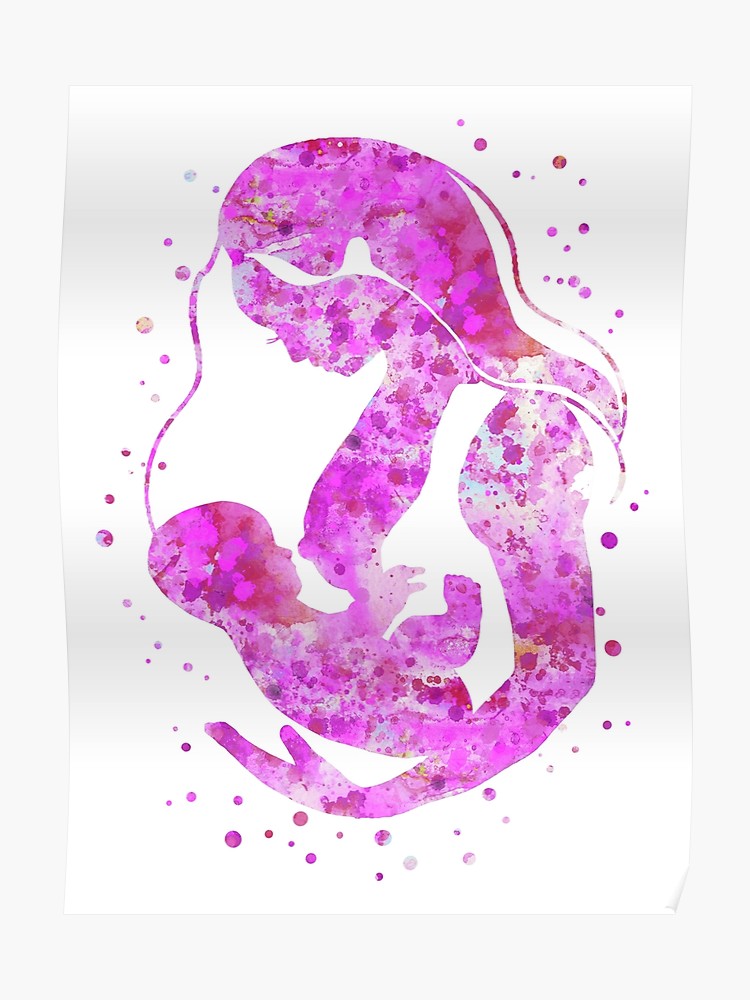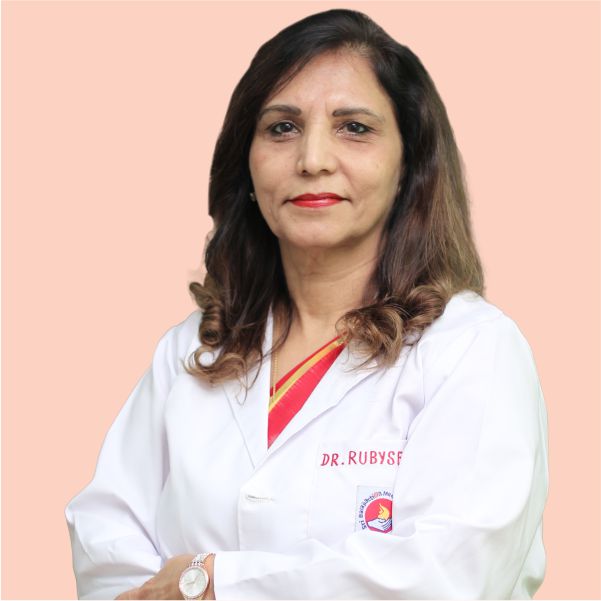World Breastfeeding Week
World Breastfeeding Week is observed every year from 1 to 7 August. It was an initiative by WHO, UNICEF, and other organizations to safeguard the health of mothers and infants and encourage breastfeeding. This declaration was signed in August 1990 by government policymakers.
Breastfeeding is the best possible way to grant infants all the necessitated nutrients. According to WHO- Breastfeeding should begin within one hour after the baby is born and should continue till the baby is 6 months old. After 6 months, one can add on other nutritionally adequate and safe complementary foods with the continuation of breastfeeding.
Health benefits associated with Breastfeeding
Exclusive breastfeeding for 6 months has several health benefits for both the mother and the infant. After delivery, one may encounter gastrointestinal infections that can be seen in developing as well as developed countries. Breastfeeding minimizes the chances of this infection.
Feeding the baby within a span of one year will safeguard him against various infections.
It will decrease the risk of mortality that may happen because of diarrhea.
It has been noticed that infants who are either partially breastfed or not at all breastfed have major infections.
Breast milk is an indispensable source of energy and important nutrients in children 6-23 months of age.
It boosts their immunity system.
According to a survey, Adolescents and children who were breastfed as babies were comparatively fit to those who were not fed.
Their academic performance is also better than those who were not fed well, they has better attendance and scored better in intelligence tests.
Breastfeeding also contributes to the economic gains of a country as a healthy adult will have a higher income in the future.
A longer span of breastfeeding also contributed to the mother’s well-being.
It reduces ovarian and breast cancer risks.
It also helps in spacing pregnancy as it is contracts menstruation, known as the Lactation Amenorrhoea Method.
Initiatives by WHO and UNICEF
WHO is working with UNICEF and its partners to promote the significance of family-friendly policies for enabling breastfeeding.
It includes enacting paid maternity leaves for a minimum of 18 weeks.
It has enacted paid paternity leaves too to enhance the shared responsibility of children, it is a significant step towards gender equality.
Mothers need to have access to parent-friendly workplaces so that they can return home at specific time periods to feed their child.
Increased breastfeeding can contribute to saving more than 8,00,000 lives each year.
It can safeguard the mother against 2 types of diabetes and heart disease.
Breastfeeding can save more than 20,000 maternal deaths each year.






